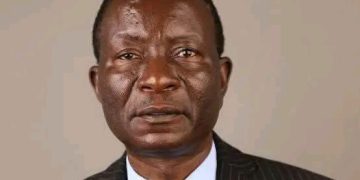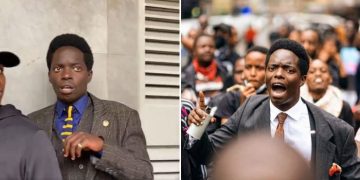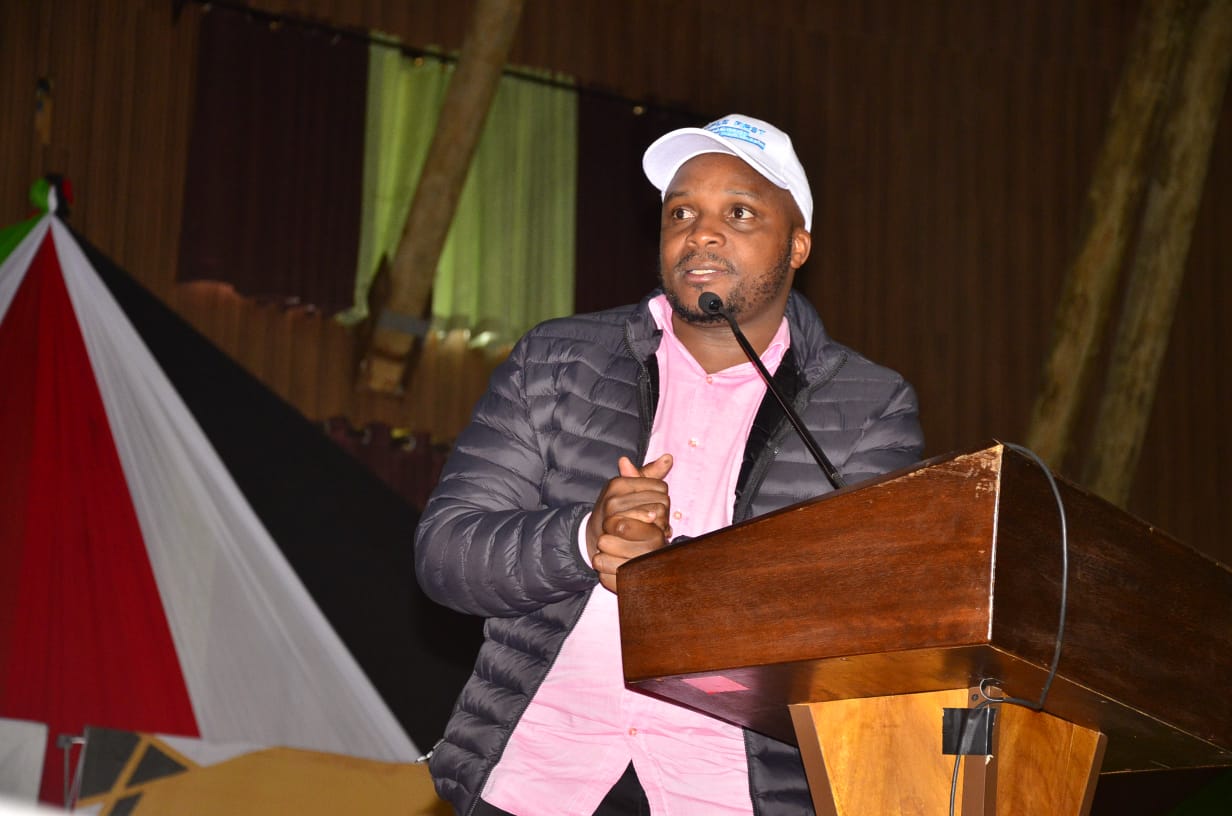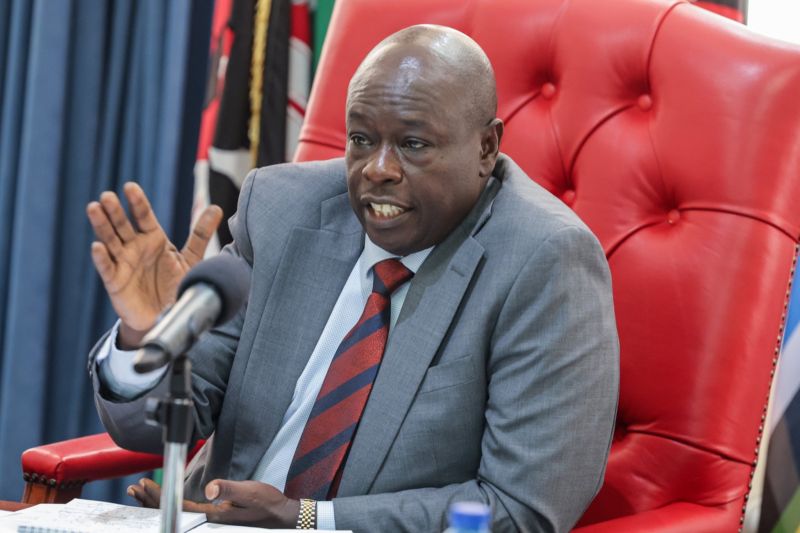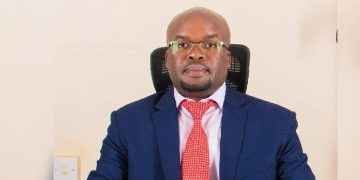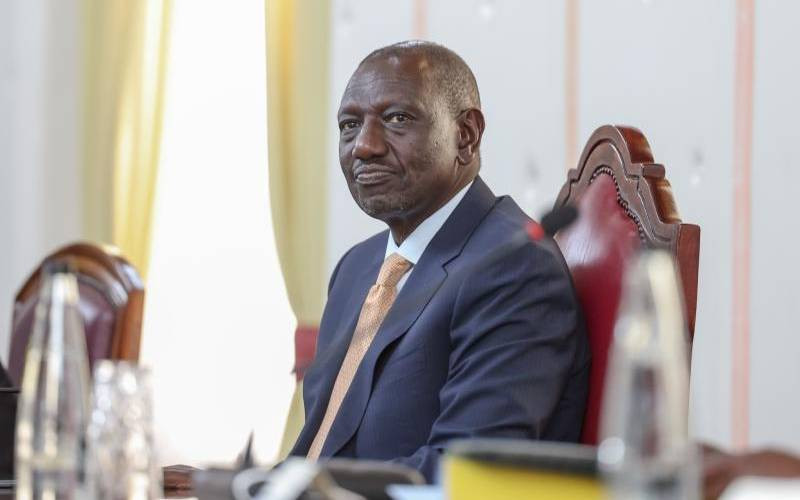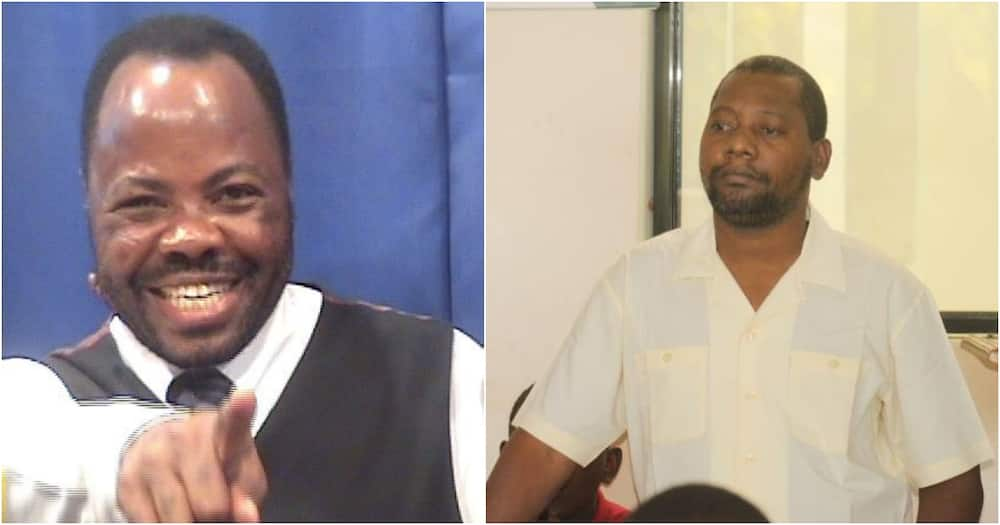Faustin Munishi, a musician and pastor, has opened up on his past relationship with troubled preacher Paul Mackenzie.
Munishi, who has known Mackenzie since 2015, claims that their relationship ended in 2019.
Munishi claimed Mackenzie began out nicely but subsequently got involved in questionable activities. Mackenzie has been accused of indoctrination after allegedly convincing his followers to hunger in order to see their maker.
“He invited me to his church and I was even featured on his TV station which had a massive viewership countrywide,” he narrated.
Munishi explained that their friendship started deteriorating when Pastor Mackenzie started encouraging his congregants to discontinue their children’s education.
“I urge the government to compel Mackenzie to publicly announce that his teaching was wrong and advise his followers to discontinue the fast, he has a massive following countrywide and we do not know where the adherents are or what they are doing,” Munishi stated.

He also warned that Mackenzie’s followers could be fasting even harder following the arrest of their leader ostensibly to have him released.
Munishi spoke in Nakuru where East African Christian Alliance (EACA) leaders met on Tuesday.
READ ALSO: ‘Wanamwabudu Nani?’: Faustin Munishi, the true gospel singer whose songs never get old
The leaders faulted the government for casting a blanket blame on churches following the unfortunate happenings in Shakahola.
Alliance chairman Bishop Richard Kivai asked the government to deal with the likes of Paul Makenzie of Good News International individually and in accordance with the law.

He accused the government of using the Shakahola incident, where more than 100 bodies of people who fasted to death as a way to meet Jesus were exhumed, to regulate churches.
He wondered how Mackenzie’s alleged cult remained undetected for a long period and resulted in many deaths yet the government has structures, police officers, National Intelligence Service officers and administrative officers up to the level of a sub-location on the ground.
“Where were the government officers and political representatives when all starvation, deaths and burials were happening,” he posed.
Kivai proposed that all churches and clergymen belong to affiliations such as the EACA, National Council of Churches of Kenya (NCCK) and the Evangelical Alliance of Kenya.
“Belonging to such bodies will ensure all church members and their leaders adhere to set rules and regulations,” said the Bishop.
He was also accompanied by Christian Brotherhood Church Bishop Geoffrey Buliba.


